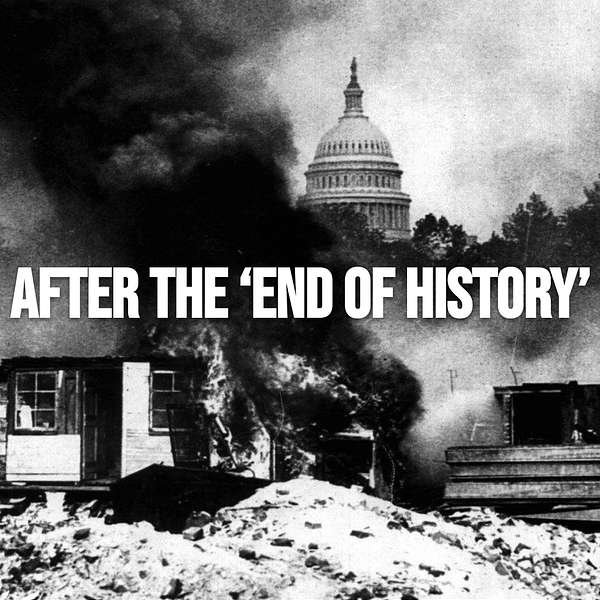
After the ‘End of History’
After the ‘End of History’ is a podcast about International Relations Theory and History.
After the ‘End of History’
American Foreign Policy and Its Thinkers: Part VI - Crusaders
After the ‘End of History’ is a podcast about International Relations and History. It is part of the Hawks & Sparrows project.
Want more? Please consider supporting the podcast on Patreon to receive bonus episodes, as well as early releases of the monthly Hawks & Sparrows newsletter.
You can also follow us on Twitter @after_history.
Thanks for listening,
Mario and Tom
*
The second half of Anderson's American Foreign Policy and Its Thinkers -- Consilium -- reconstructs the perspectives of key contributors to academic (IR) thought and State Department practice, including Mead, Mandelbaum, Ikenberry and Kupchan, whose various shades of Wilsonianism and liberal internationalism (or humanitarian interventionism) are detailed here in our discussion of "Crusaders."
Episode 13 is the first part of two on Anderson's summation of America's central foreign policy thinkers. Next week we return to discuss Robert Kagan, Brzezinski and Robert Art, who Anderson describes as "realists" in a meaningful sense, but all of whose vision and historical grounding of American Grand Strategy, while distinct in meaningful ways from the Wilsonians above, fall back upon the liberal default expected of the Prince's counselors.
Jason King kindly provides the music that you hear in After the 'End of History.' You can find more of his work on Soundcloud.